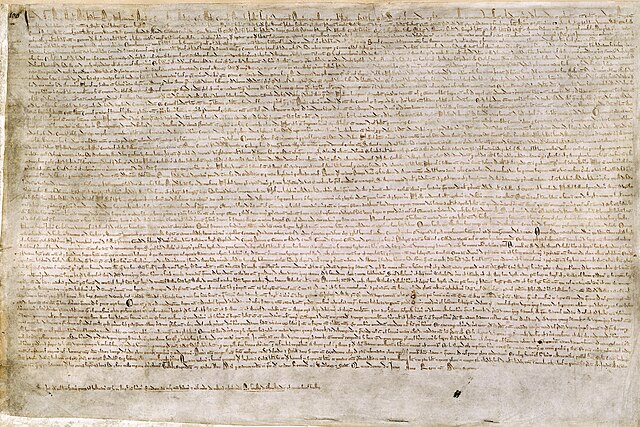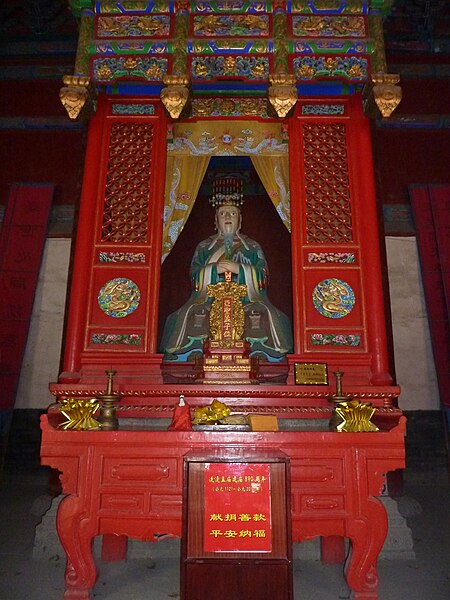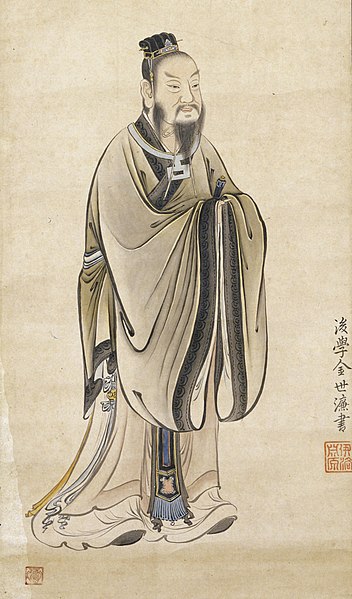In political philosophy, the right of revolution is the right or duty of a people to "alter or abolish" a government that acts against their common interests or threatens the safety of the people without justifiable cause. Stated throughout history in one form or another, the belief in this right has been used to justify various revolutions, including the American Revolution, French Revolution, the Russian Revolution, and the Iranian Revolution.
The Roman Republic was established following the overthrow of the Roman monarchy.
Magna Carta marks one of the earliest attempts to limit a sovereign's authority and it is seen as a symbol of the rule of law.
Rousseau's Discourse on Inequality argues in favour of the right of revolution against despots.
John Stuart Mill was a proponent of the right to revolution in the name of liberty.
Mencius ; born Meng Ke ; or Mengzi was a Chinese Confucian philosopher who has often been described as the "second Sage" (亞聖), that is, second to Confucius himself. He is part of Confucius' fourth generation of disciples. Mencius inherited Confucius' ideology and developed it further. Living during the Warring States period, he is said to have spent much of his life travelling around the states offering counsel to different rulers. Conversations with these rulers form the basis of the Mencius, which would later be canonised as a Confucian classic.
As depicted in the album Half Portraits of the Great Sage and Virtuous Men of Old (至聖先賢半身像), housed in the National Palace Museum
An image of Mencius in the sanctuary of the Mencius Temple, Zoucheng
Mencius, from Myths and Legends of China, 1922 by E. T. C. Werner
Painting of Mengzi by Kanō Sansetsu. Japan, Edo period, 1632.








